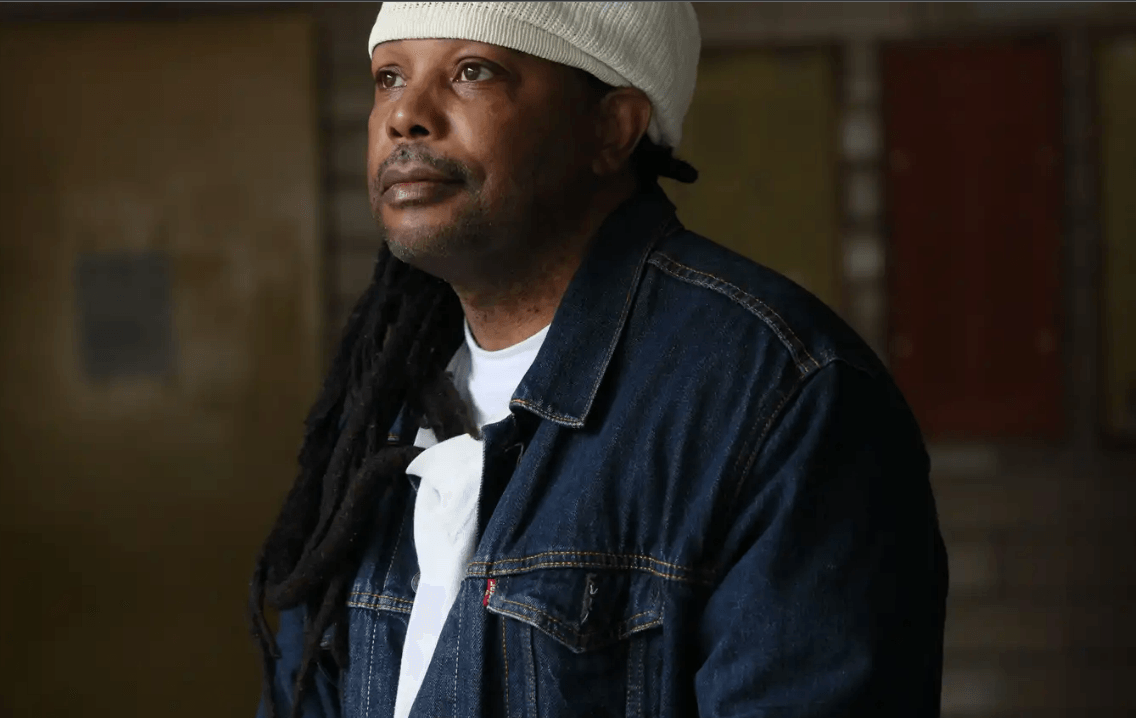Felony Murder Reform Movements in the US - Unfinished Business in Massachusetts
Reviewing retroactive felony murder sentences in Massachusetts should be prioritized

In 2017, the Massachusetts Supreme Judicial Court abolished key aspects of its felony murder rule, the penalty for which is life in prison without possibility of parole, ruling that felony murder will no longer serve as an independent ground for a first-degree murder conviction. However, the court did not make that ruling retroactive in their decision.
A report from the award-winning Boston Globe "Spotlight" investigative journalism team identified hundreds of persons incarcerated in Massachusetts who were involved in long-ago fatal crimes and convicted under the old rule. These people remain stranded in prison and still serving life without parole sentences for a crime the Massachusetts Supreme Court has since abolished.
These people need their cases reviewed as an immediate priority.
Several of the defendants in the Globe Spotlight piece may die in prison without ever having had a parole review because they refused to buckle during pretrial proceedings when they faced the plea-bargaining leverage that the felony murder rule granted to prosecutors. The prosecutors wanted guilty pleas to long sentences, or the prosecutors wanted their testimony against others that could get the defendants, or one of their loved ones, killed. In some cases, the prosecutors had wanted both their testimony and a long sentence.
In addition to the persons featured in the Globe Spotlight piece, hundreds of people convicted of felony murder in Massachusetts were compelled by the felony murder rule to accept plea deals. When faced with the possibility of life in prison without possibility of parole, many defendants entered pleas to cut their losses as far as possible.
Some of the sentences they received were needlessly harsh and completely out of sync with their culpability or with any measured punitive, rehabilitative or deterrent purpose. Other defendants, under pressure and unwilling to risk their lives in a jury trial, gave up testimony the prosecutors sought.
Paul Gunter, pictured above, is one of those people. In March 1991, a group of drug dealers recruited him to drive them in his car to confront men they believe ripped them off. Gunter waited in the car on the street listening to the radio while the gunmen went to an apartment, held three people by gunpoint, eventually killing a man who was visiting others in the apartment and had no connection to the drug dealers.
Prosecutors later alleged that Gunter was part of the cocaine enterprise, which Gunter has denied. He was not convicted of a drug offense in this case, but even though Gunter never left the car, he was charged with first-degree murder, same as the shooter and the other armed accomplice, facing a sentence of life in prison without the possibility of parole.
One of the actual gunmen in his case testified for the government and was allowed to plead to the lesser crime of manslaughter. He served about a decade in prison and was paroled more than 20 years ago, according to the Massachusetts Department of Corrections.
Gunter is incarcerated today in MCI-Concord, having served 31 years of a sentence scheduled to last until his death.
Read about Paul Gunter and others still incarcerated in Massachusetts due to the felony murder rule in
Unfinished Justice from the Boston Globe Spotlight investigative team.










